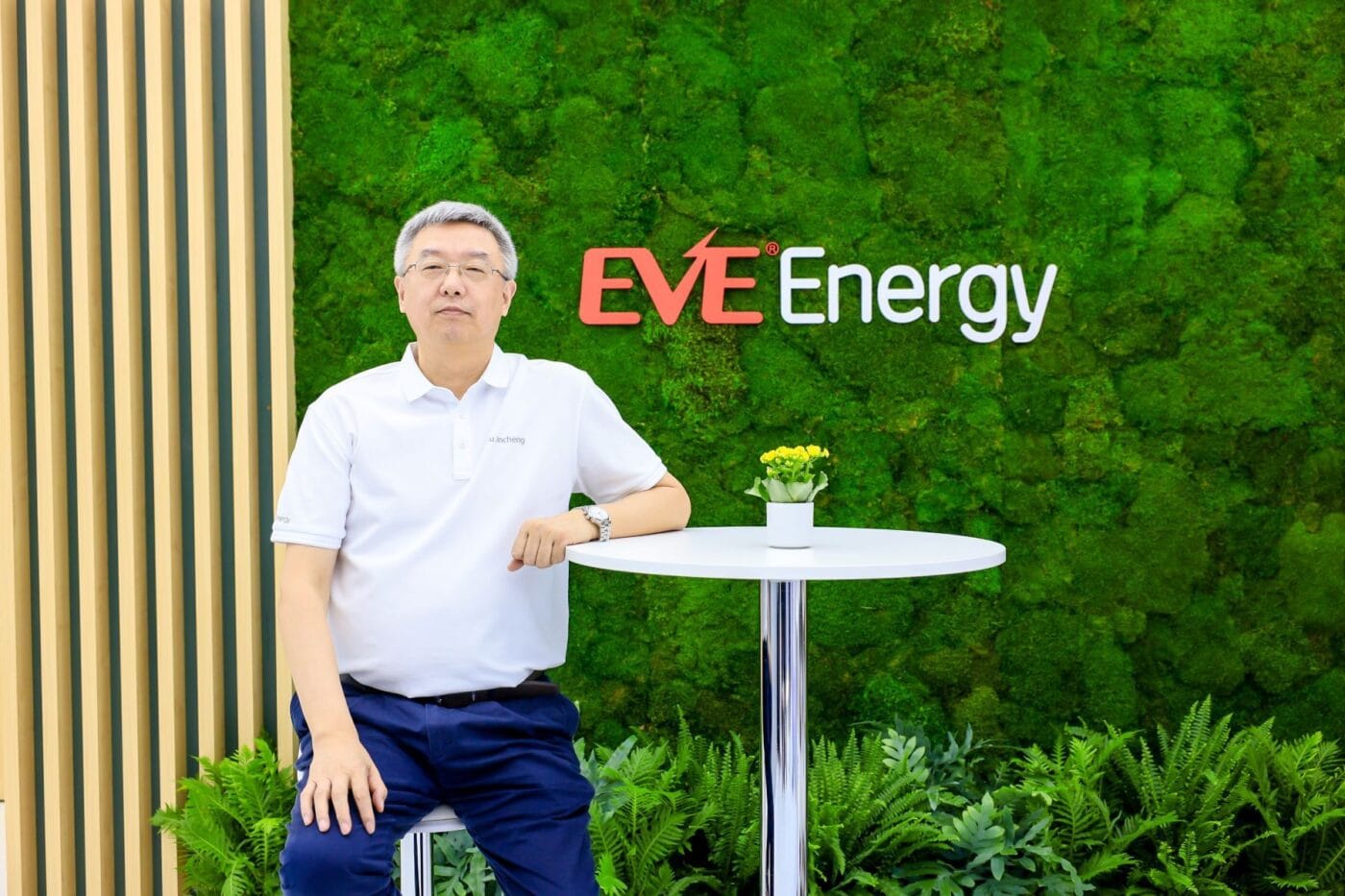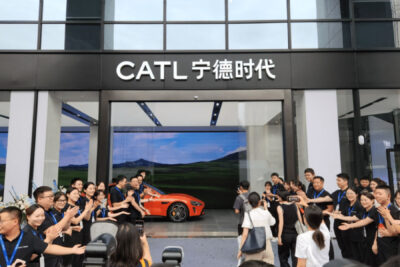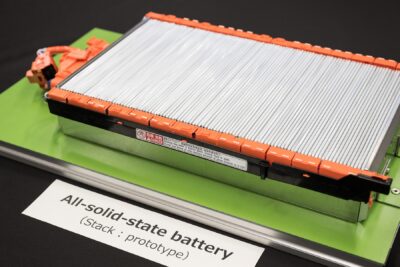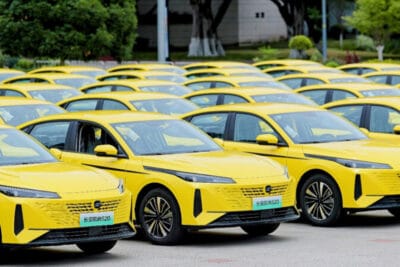EVE Energy: Dr. Liu Jincheng on Four Decades of Battery Innovation and the Road Ahead
A Lifetime in Batteries
Dr. Liu’s journey started in 1985, when rechargeable lithium batteries were not available. The main challenge in the industry at that time, he explained, was enabling operation over a wide range of temperatures, especially resisting high temperatures for special measurement devices. The idea that lithium batteries could be recharged rather than being discarded sparked both innovation and difficulty, mainly because safety performance and working lifespan were minimal; thus, his early research focused on nickel-metal hydride cells and porous electrode.
By solving the electrochemistry problems of batteries, especially after gaining access to Lithium-Ion batteries in the early 90s, Dr. Liu contributed to the development of rechargeable cells with improved cycle life and stability, laying the groundwork for what later became EVE’s core expertise.
EVE first gained widespread recognition for its medical batteries, designed explicitly for implants that must operate reliably within the human body. This pursuit of uncompromising safety has shaped the company’s culture, as Dr. Liu put it: “Technology being able to help human beings expand their lifespan is a meaningful cause.” High performance and strict safety standards became the company’s north star. After years of work in consumer and medical applications, EVE entered the power battery market in 2015 to serve the surging demand for electric vehicles (EVs).
Cost Curve and Efficiency
When asked about the economics of batteries, Dr. Liu noted the significant progress that has been made in this area. He recalled that “five years ago, the industry spoke of $100 per kilowatt-hour as the ideal cost, but the real level was closer to $150. Today, we are finally at around $100.” He expects costs to decline further to approximately $75 per kWh within five years, driven by improved recycling and standardized production.
For EVE, cost is only part of the picture. Reliability and sustainability are inextricably linked to affordability. “Costs may fall, but quality and reusability must rise,” Dr. Liu stressed.
The Next Five Years: EU Expansion, Pathing, and Materials
A highlight of EVE’s recent growth is its investment in Debrecen, Hungary, where the company is building a major battery plant adjacent to BMW’s new EV production site. The facility will deliver large cylindrical cells to BMW and other European OEMs eager for local supply.
Dr. Liu envisions two paths of technical evolution: the broader adoption of lithium-iron-phosphate (LFP) batteries and the gradual emergence of solid-state cells. LFP, he noted, offers safety, stability, and recyclability, attributes well-suited for mass-market EVs. Solid-state batteries, meanwhile, are attracting heavy R&D investment, but broad adoption will take more time.
Lithium, cobalt, and nickel remain essential raw materials for the production of batteries. While Dr. Liu does not see immediate shortages, he emphasized the importance of preparing alternatives and reducing dependency on scarce resources.
“In the long run, we aim to use more abundant and environmentally friendly materials so that batteries can leave a smaller footprint,” he explained. EVE has already established a closed-loop lifecycle, spanning from design and manufacturing to application and recycling, which lowers costs and minimizes environmental impact. Next year, a new international safety standard will take effect, something Dr. Liu views positively.
When asked why Chinese battery makers are leading the global industry, Dr. Liu pointed to talent. “One key factor is the abundance of young engineers in China. At EVE alone, we have more than 5,000 engineers, young and highly motivated. Their passion and creativity are crucial to our leadership.”
A Philosophy of Endurance
Beyond his role as a battery pioneer, Dr. Liu is also an avid car enthusiast. Once mainly a Tesla driver, he now owns more than ten cars, including BMWs, and expects to double that number as more EV models powered by EVE batteries reach the market.
Dr. Liu has always seen batteries as technologies that must last. EVE Energy’s name, “Energy Very Endure,” is its guiding principle. As the company expands in Europe and collaborates with leading automakers, its trajectory parallels the battery industry’s broader shift toward affordability, sustainability, and reliability.
This is a sponsored article and the client is responsible for the content. If you’d like to inquire about similar opportunities, please get in touch via advertise@electrive.com.




